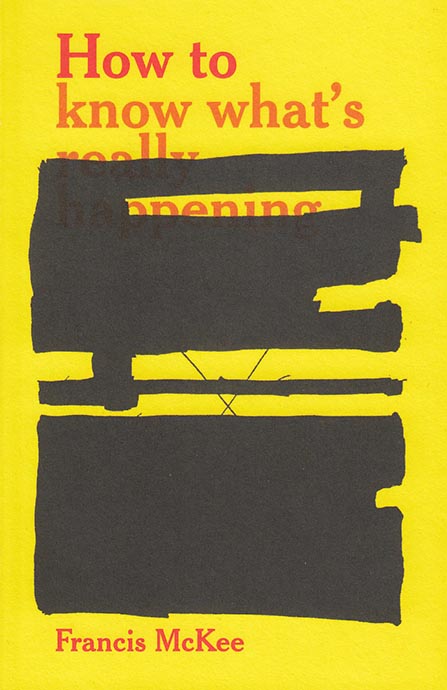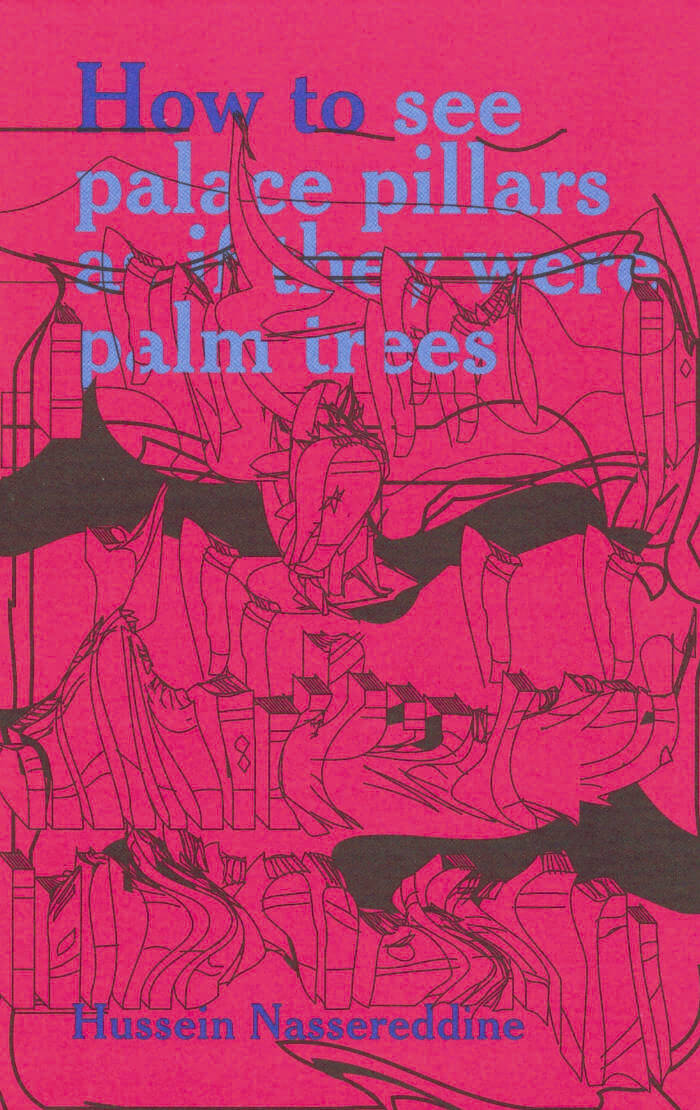
How To Know What's Really Happening
In this post-truth era, how does one navigate the endless information available and choose a viable narrative of reality? In How to Know What’s Really Happening Glasgow-based writer and curator Francis McKee looks at various techniques for determining verity, from those of spy agencies and whistle-blowers to mystics and scientists.
Francis McKee is an Irish writer, medical historian, and curator working in Glasgow where since 2006 he has been the director of the Centre for Contemporary Arts, and is a lecturer and research fellow at Glasgow School of Art. McKee has worked on the development of open-source ideologies and their practical application to art spaces.
Language: English







